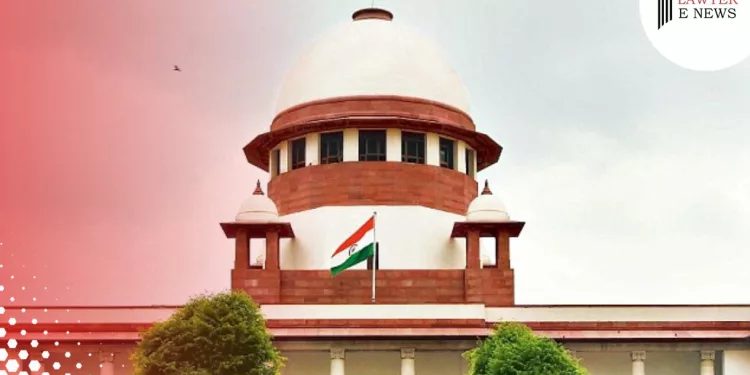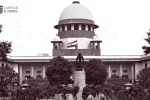Supreme Court Upholds Arbitral Award Set-Aside, Citing ‘Patent Flaws’ and ‘Lack of Reasoning’

In a significant legal development, the Supreme Court of India recently delivered a groundbreaking judgment, upholding the setting aside of an arbitral award. The decision, delivered by a bench comprising Justice Sanjiv Khanna and Justice M.M. Sundresh, cited “patent flaws” and a “lack of reasoning” as key factors in the award’s annulment.
In a statement, Justice Sanjiv Khanna emphasized the importance of a robust judicial approach, stating, “The principle of judicial approach demands a decision to be fair, reasonable, and objective. Anything arbitrary and whimsical would not satisfy the said requirement.” He further added, “The court does not sit in appeal over the findings and decision of the arbitrator, and an award based on little evidence or no evidence, which does not measure up in quality to a trained legal mind, would not be held to be valid.”
The case in question centered on the scope and interpretation of the court’s power to review arbitral awards under Section 34 of the Arbitration and Conciliation Act. The judgment also scrutinized the phrase “in conflict with the public policy of India” and the legislative amendments and judicial pronouncements related to this issue.
The Court acknowledged that while arbitration promotes party autonomy and a quick resolution of disputes, the power of the court to intervene is necessary when the award is unfair, arbitrary, perverse, or otherwise flawed in law. Justice M.M. Sundresh stressed the need for a balanced approach, stating, “To disentangle and balance the competing principles, the degree and scope of intervention of courts when an award is challenged by one or both parties needs to be stated.”
The judgment underlined that an award can be set aside if it contravenes the fundamental policy of Indian law, goes against public interest, or violates justice or morality. Additionally, the Court noted that awards may be invalidated if they are based on “patent illegality” or if they fail to provide adequate reasoning.
The legal community and stakeholders are closely watching this decision, which reaffirms the importance of fairness and reasonableness in arbitration proceedings. It highlights the need for arbitration awards to meet the juristic requirements of due process and procedural fairness while maintaining the fundamental principles of party autonomy.
Join us on WhatsApp .
The Supreme Court’s ruling serves as a significant precedent in the realm of arbitration law, and it emphasizes the need for arbitrators to exercise their powers judiciously and transparently.
Date of Decision: September 21, 2023
BATLIBOI ENVIRONMENTAL ENGINEERS LIMITED vs HINDUSTAN PETROLEUM CORPORATION LIMITED AND ANOTHER




